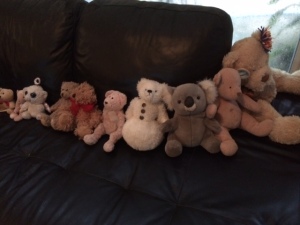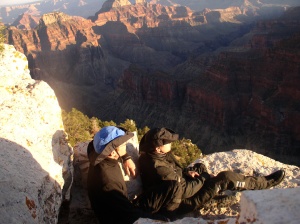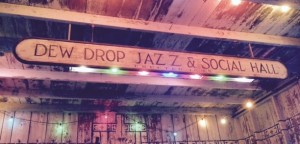Are you just along for the ride, or are YOU driving your car – your Life?
When I was young, naïve, foolhardy, and hitchhiking in Yugoslavia, my travel partner and I had had seemingly interminable waits between rides. We were also in a hurry to get to Greece, so we accepted and stayed with a ride that we shouldn’t have.
Our driver, who was clearly unfit to be on the road after an all-nighter party, intermittently dozed and sped, and ultimately crashed us into an olive tree, leaving me to have my face stitched. Then, I blamed the driver.
Now, I have accepted responsibility for that outcome because I had relinquished control of my life and safety into the hands of a random individual who happened to be on the road I was traveling on.
When you hitchhike you have little control over your direction, speed, safety, comfort, or stopping points, and no right or reason to complain about them. The same could be said of choosing to be merely, or predominantly, a passenger in Your Life, allowing someone else or some perceived power beyond your control to drive it.
It’s common and “easy” to live our lives almost by default, telling ourselves that “They” or The powers that be, or society, or the economy, or our perceived enemies, are waging assaults on us, causing us difficulties, and that it’s just not fair. Well, I have it on good authority: There is indisputable evidence that Life is Not Fair – to anyone.
So it is for each of us to discover and pursue our own destinations, even daily, and drive the vehicle we’ve been given. The only person you can really change is YOU. Destinations may change, you will have flat tires, engine trouble, even crashes along the way, but YOU will be the driver. Life will have more meaning – the meaning you give to it.
As one year closes and another one opens, isn’t it time to look under the hood and see what’s there? A good time to see what needs tweaking or fixing? Check the oil, fill your tank with gas, get behind the wheel and go for the road less traveled. Take a risk that is Your conscious risk. It will bring a wonderful new sense of freedom.



